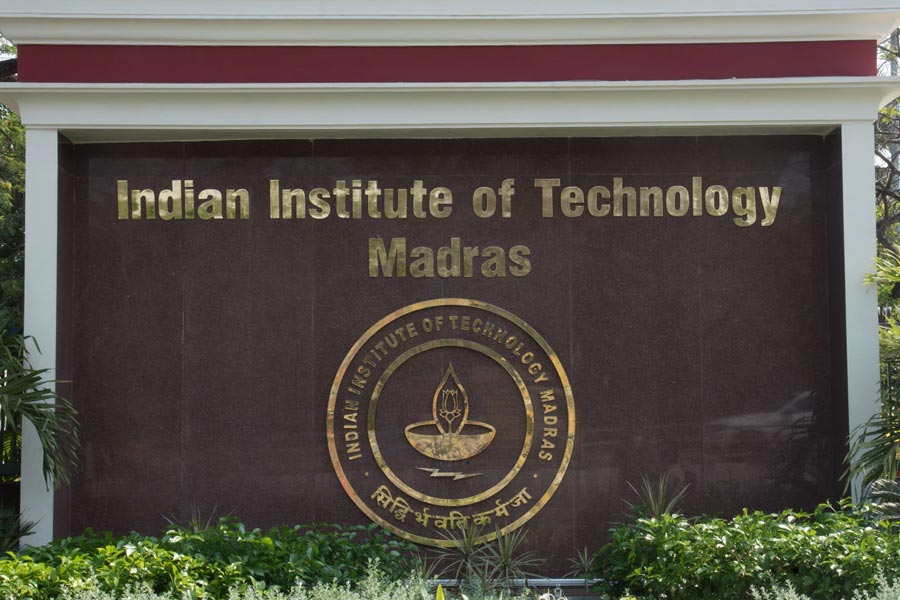IIT Madras launches Certificate Program on ‘Operations and Supply Chain Analytics for Strategic Decision Making’


Indian Institute of Technology Madras (IIT Madras) is launching a course on ‘Operations and Supply Chain Analytics for Strategic Decision Making’ to train managers to take critical decisions based on the available information and data. The program is being offered through the Institute’s Centre for Outreach and Digital Education (CODE).
The program focuses on building analytical foundations in the initial part of the program (modules 1 and 2), and then takes a deep dive into various practical applications (in module 3). Hence, this program offers a comprehensive perspective on most of the operations and supply chain problems faced by the industry today.
While there is no specific eligibility criteria to apply, this program assumes a basic understanding of mathematical and statistical concepts. It is expected that the participants are interested in analytical model building and data-driven decision-making.
The last date to register is 20 September 2023. Those interested can register using the following link - https://code.iitm.ac.in/operations-and-supply-chain-analytics-for-strategic-decision-making
Highlighting the need for such courses, Prof. Rahul Marathe, Professor, Department of Management Studies IIT Madras, said, “Managers need to take critical decisions that have to be based on available information and data. That makes data-driven decision-making skills the most critical skill in organisations today. ‘Decision Sciences’ can aid managers build the required framework to make optimal decisions.”
Prof. Rahul Marathe added, “This theory encompasses important elements such as mathematical and empirical modelling. Today’s world is characterised by uncertainty – uncertainty in the environment, in the data and hence in the results. Hence, a good understanding of uncertainty and its impact of optimal decision-making is critical. A good manager needs to be skilled in decision-making under uncertainty.”
The program focuses on building these analytical skills such as optimization, game theory, probability theory, and statistical modelling, among others. Further, the program includes modules on applications of these analytical tools to day-to-day decisions the managers are required to take.
For example, operations decisions such as inventory optimization, supply chain management, network design, logistics planning, and services management can be analysed mathematically. The same analytical tools are relevant in sectors such as healthcare management, agriculture, public policy, etc. The program includes cases from these industries.
Key Learning Outcomes expected from this course: